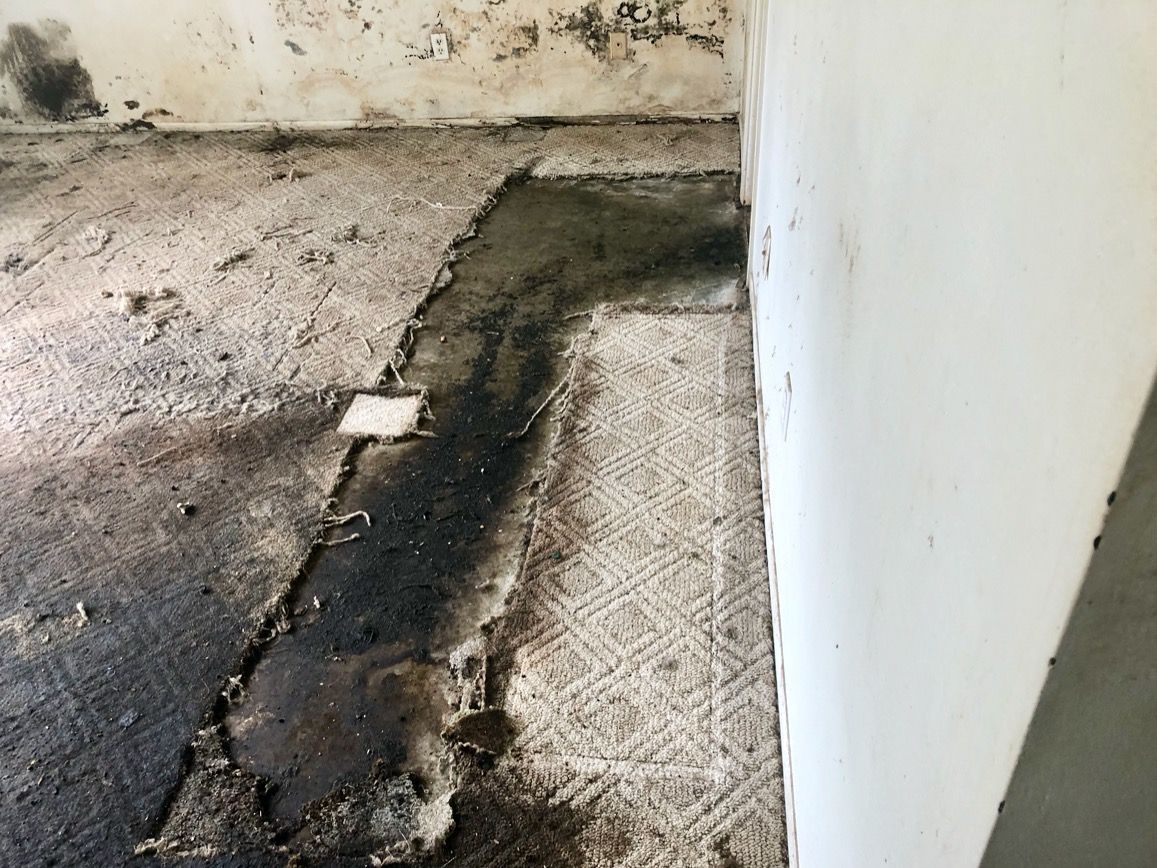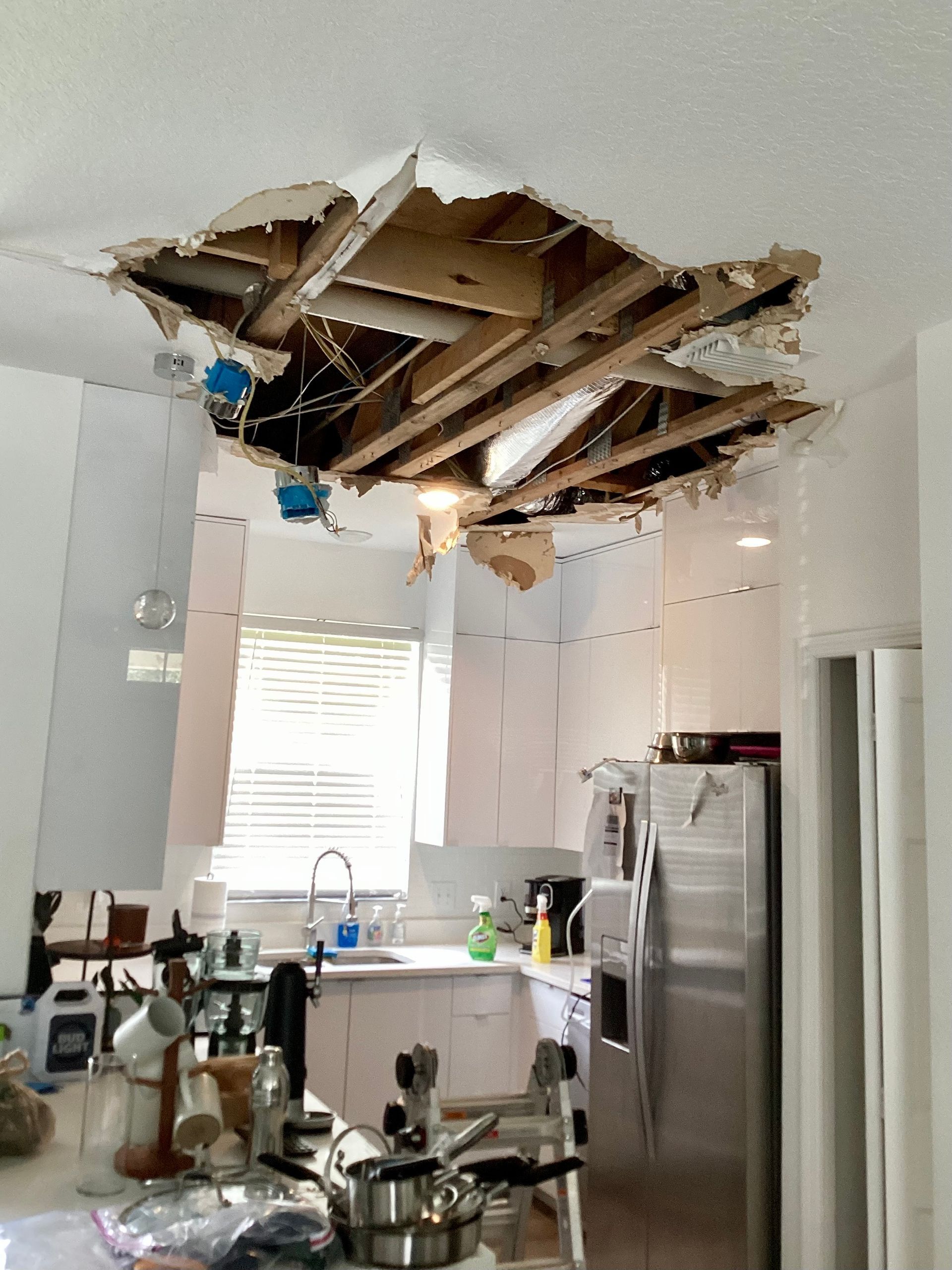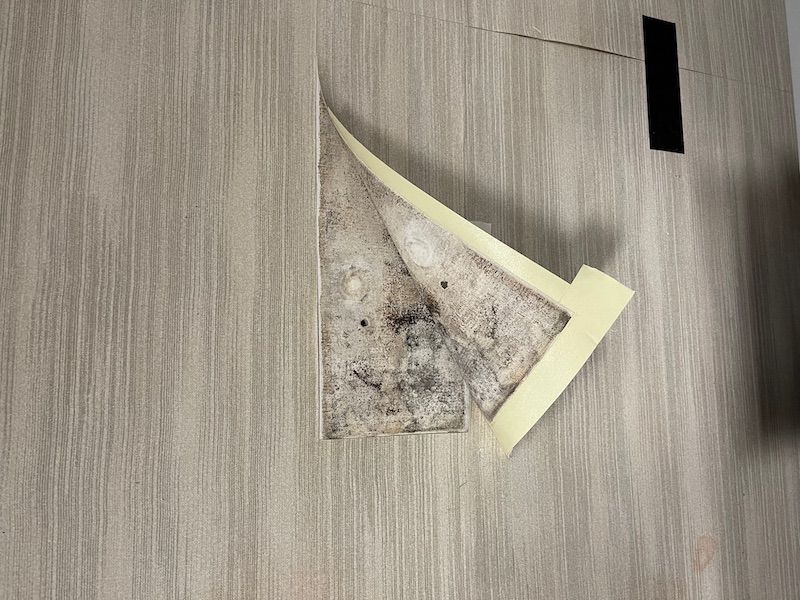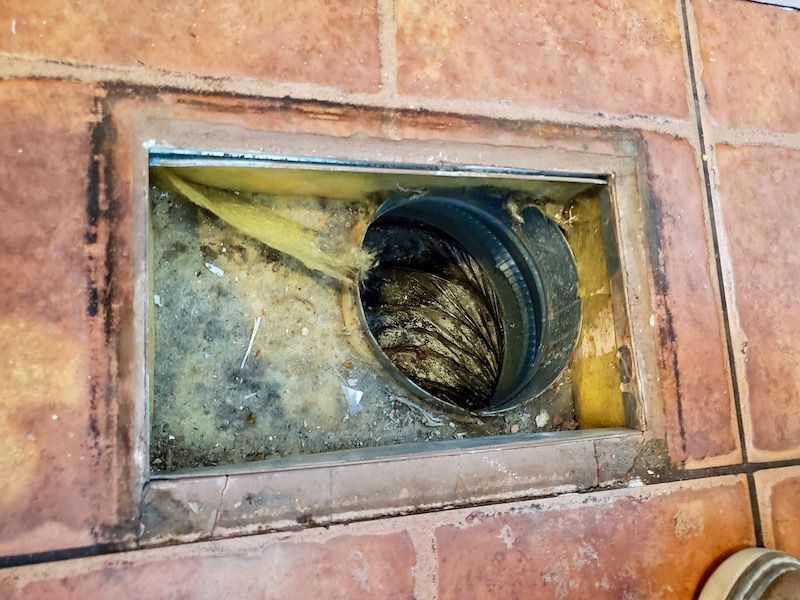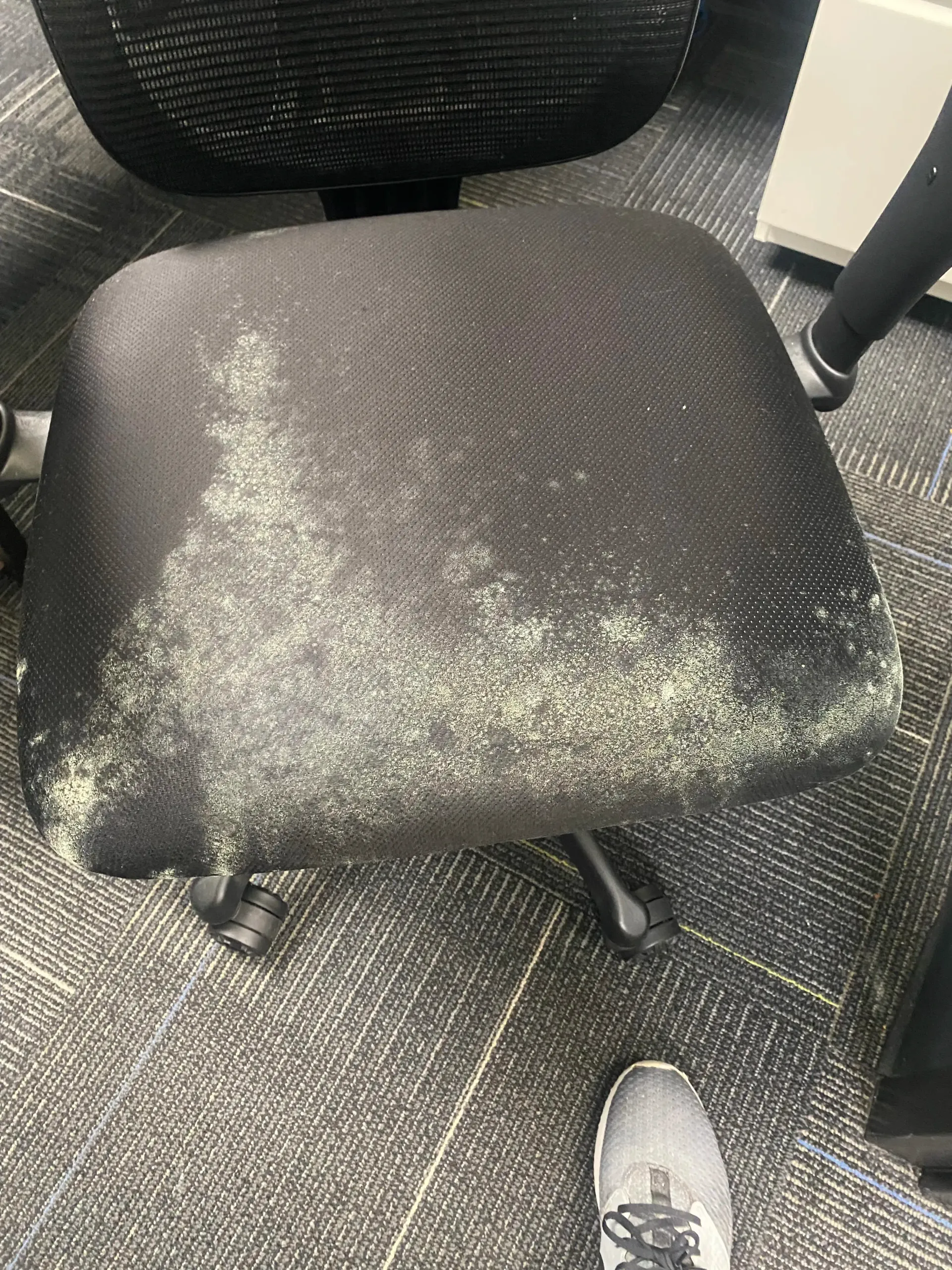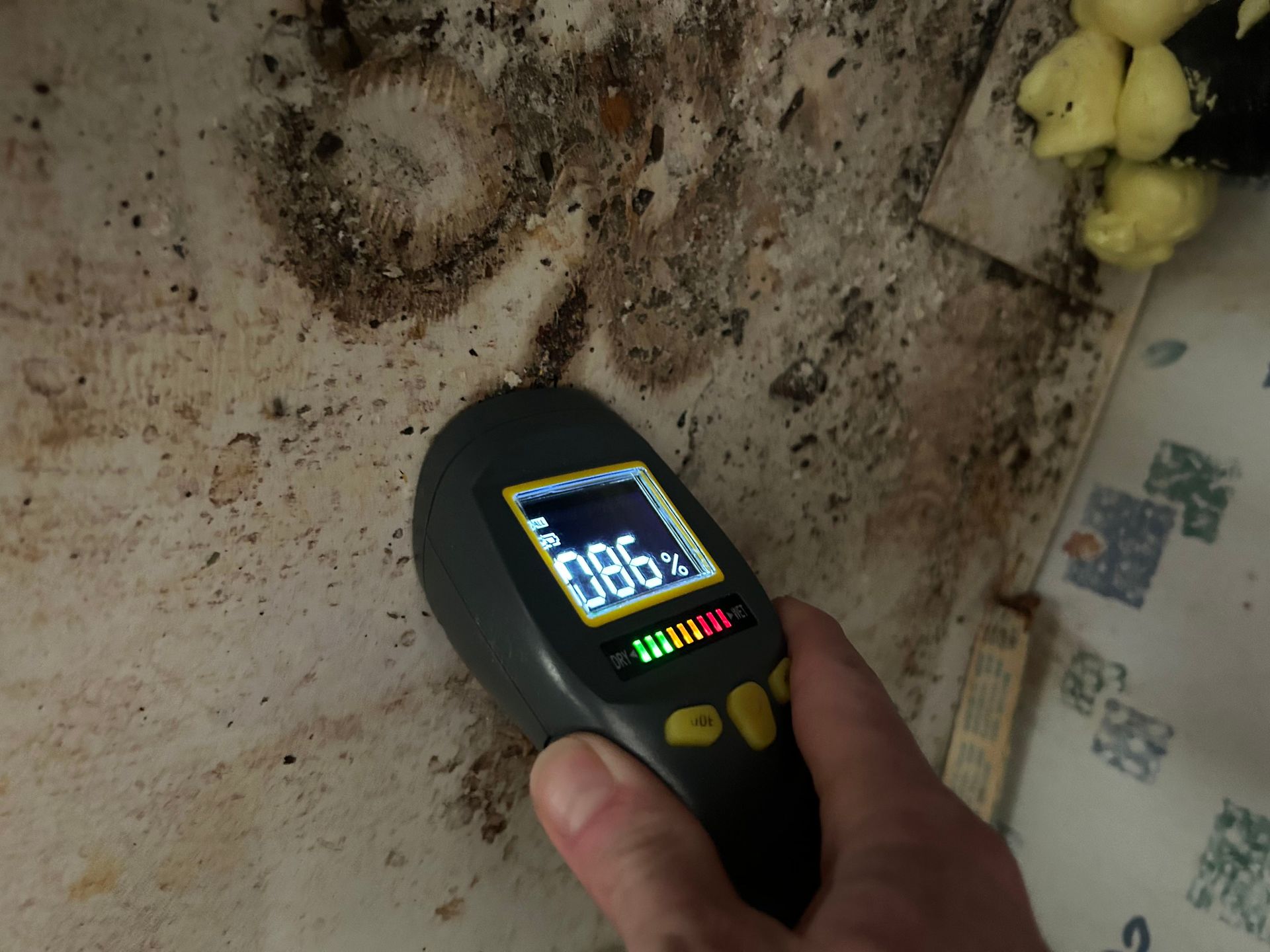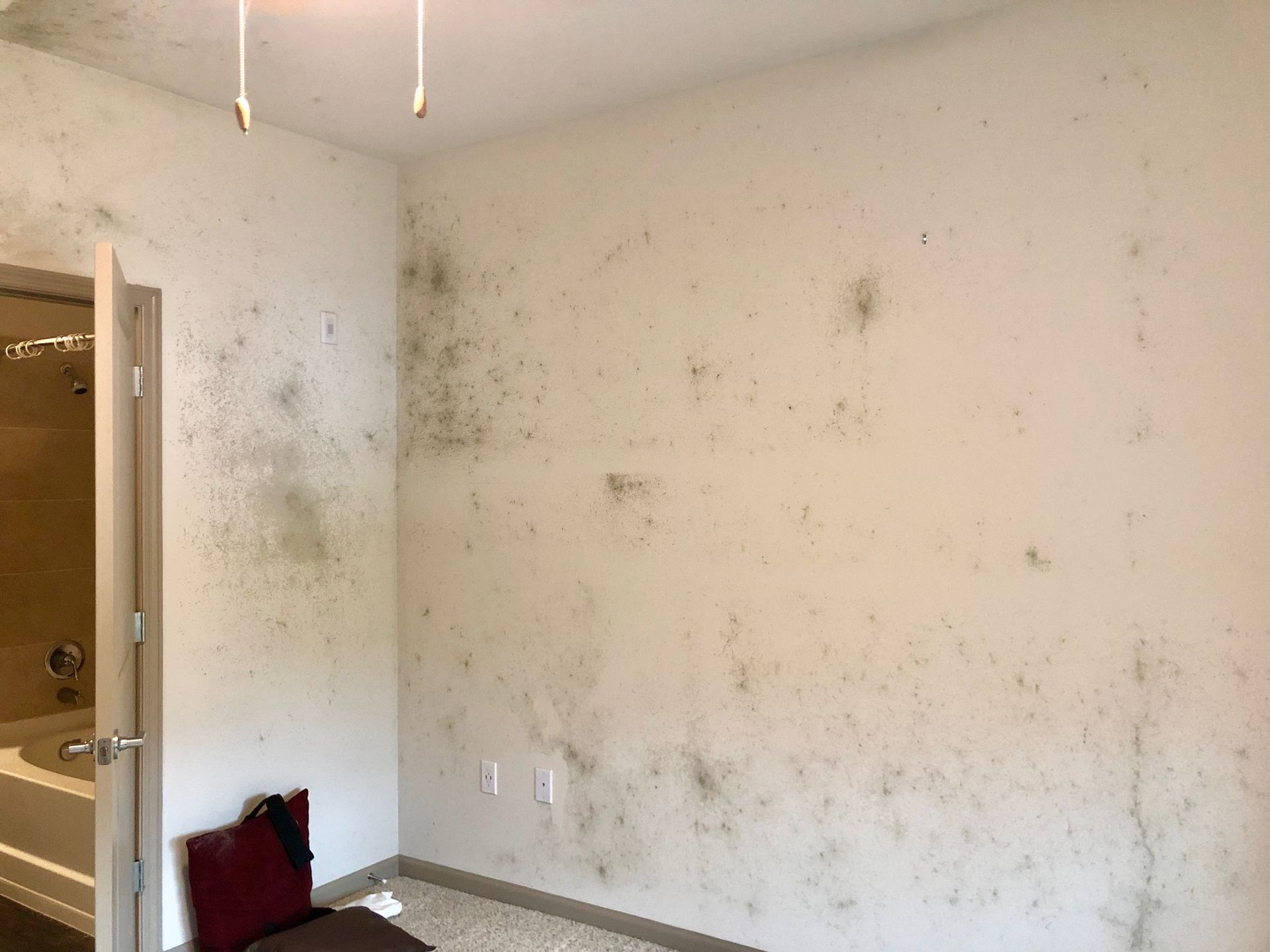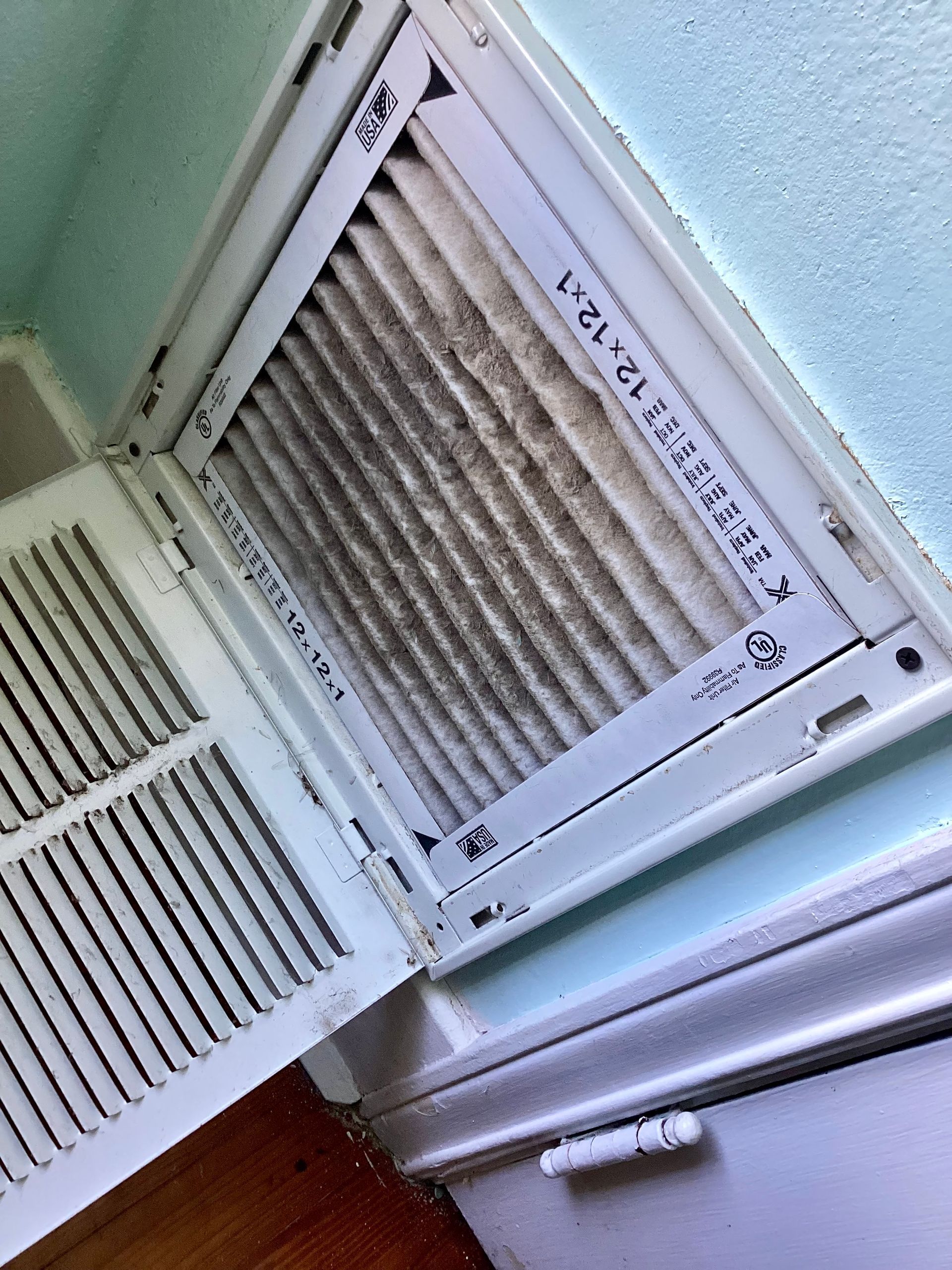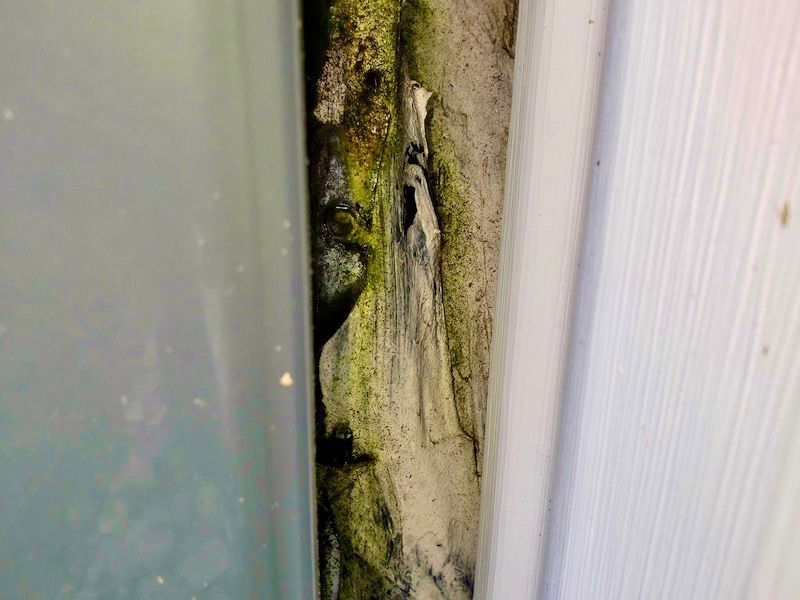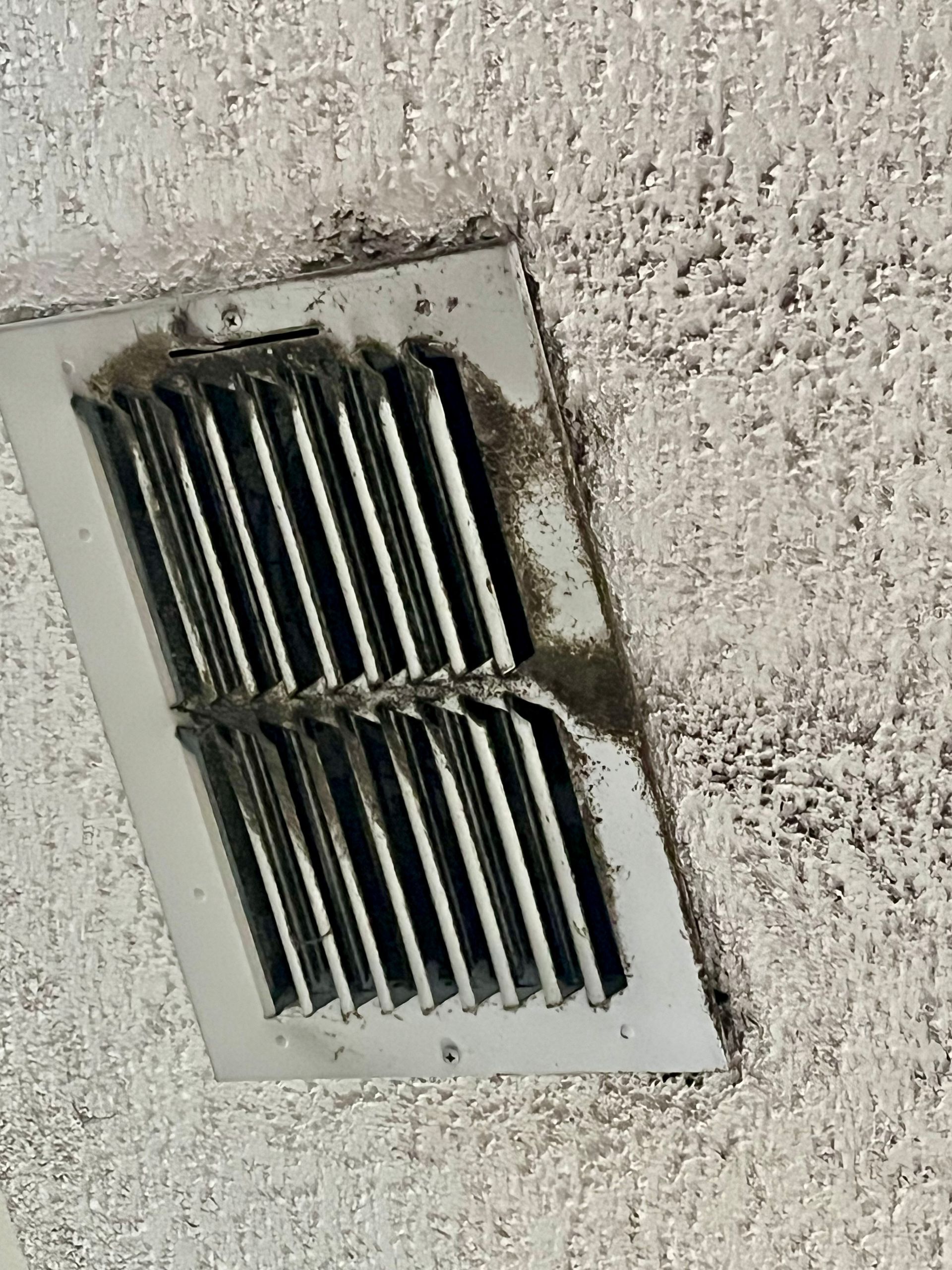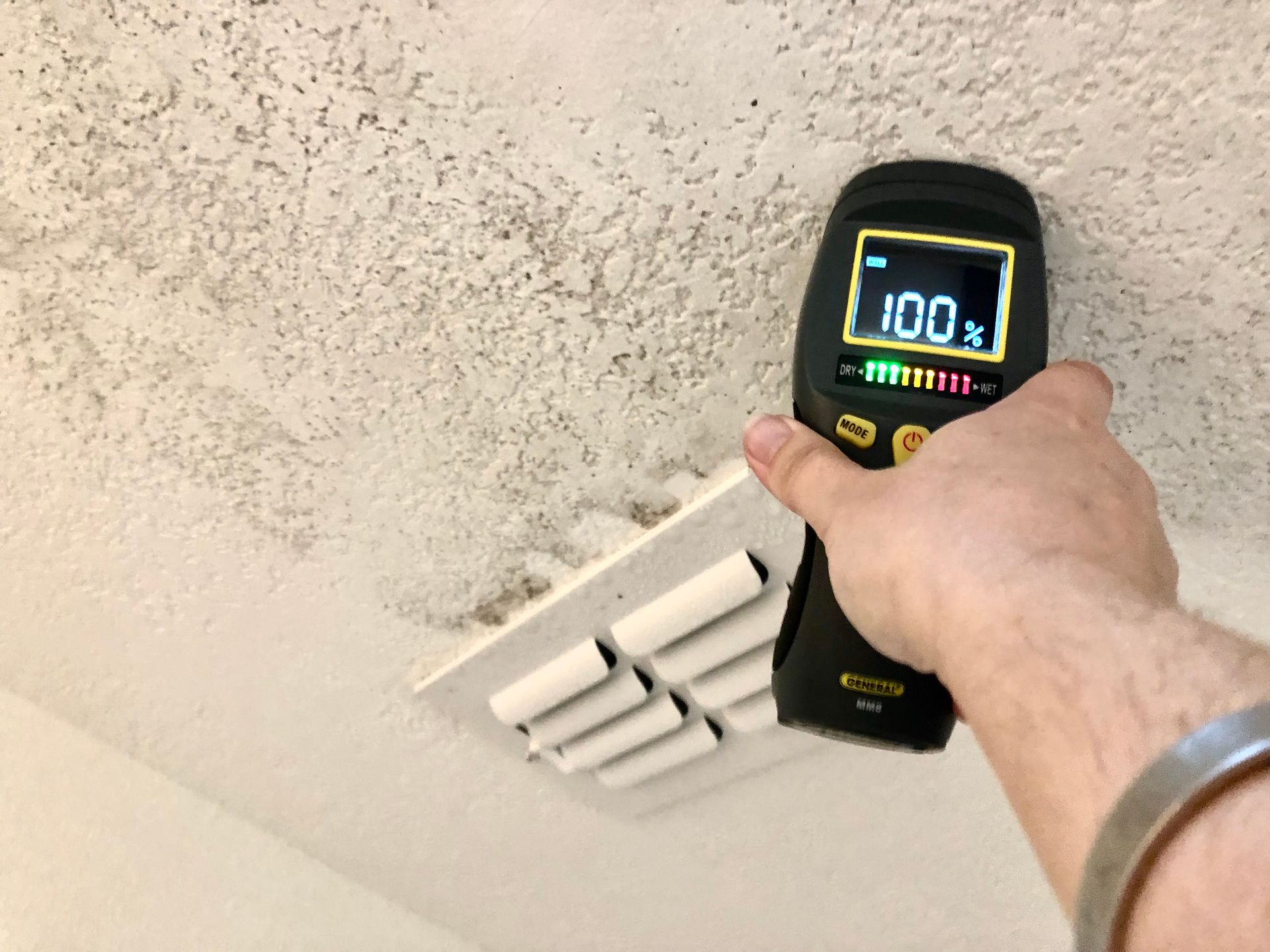Link Between Mold Growth and Weather
Weather patterns balance humidity and dryness, with the right combination producing optimal conditions for plants and people. However, things get interesting when the weather is out of equilibrium with too much rain or not enough.
Changes in external temperatures directly affect indoor humidity levels, and an overabundance can mean that moisture can begin to build in windows, cold spaces, and wet areas. Flooding that saturates flooring, drywall, and absorbent materials can cause even worse problems.
.
Where moisture goes, mold is sure to follow if left unattended. If you suspect lingering moisture is a problem, mold remediation companies will complete a
mold inspection to determine if mold spores are present.
Why Does Mold Grow in the Winter?
As mold loves hot, humid areas, it will capitalize on any leaking appliances, or wet areas. In winter, we tend to turn the air conditioning off and turn the heat up. So, even when we think cold weather should eliminate the risk of mold, unchecked moisture with increased internal temperatures can lead to an infestation.
As we mentioned, mold is opportunistic. Therefore, it doesn’t matter if winter conditions are frigid as mold spores hang around and wait for warmer (and wetter) temperatures to grow. Some think colder temperatures kill off mold spores; however, this is a myth.
In addition, not every part of the country experiences winters the same. Winter may involve heavier rainfall or extreme storms in warmer climates, creating unpredictable opportunities for mold to take hold. In colder climates, malfunctioning HVAC can trap humidity, making it possible for mold spores to take advantage.
How to Keep Mold Under Control
Mold control is essential for protecting your property and maintaining healthy air quality, lessening allergic reactions, and preventing mold infestations from growing out of hand.
The first way to keep mold under control is prevention. You can catch issues immediately by paying attention to moisture build-up, leaks, and musty smells. Make a point of checking problem areas regardless of the weather to ensure you catch unwanted moisture early.
Then, after discovering a problem, ensure proper repairs and maintenance occur to prevent long-term damage. Trust professionals to remove, adequately clean, and replace damaged items or areas, including mold inspection of the space.
Finally, routine
mold inspection and testing prevent mold long before it becomes a hazardous problem. In addition, schedule regular inspection and maintenance of your HVAC systems and ensure proper drainage. Your perseverance safeguards your property for the long run.
Eliminate Mold Today!
Keep your home or commercial property clean and safe with the expert mold remediation services of
Mold Masters, Central Florida. With over 20 years of experience in testing for and treating mold, our dedicated team has the training to handle all your mold issues. Mold Masters also uses organic products for a safer and greener environment.
Eliminate mold before it begins! Contact us online or call one of our Florida locations: North at
904-397-4030, Central at
813-606-6668, or South at
239-961-9995.

